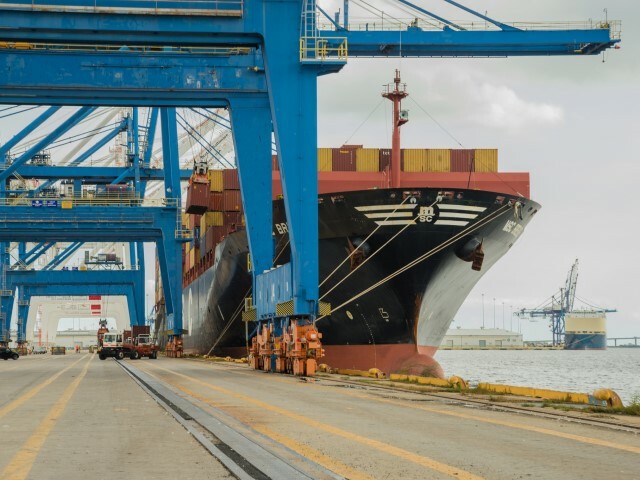
In fact, most markets have traded lower consistently for the past two weeks. Dairy markets have not been spared. Milk prices have fallen consistently for the past few weeks and analysts expect price declines to continue at least in the short term. The World Trade Organization has repeatedly warned the virus will likely cause trade disruption. Has it?
Dairy exports posted a record month in January and while it’s unclear how exports faired in February, it’s likely coronavirus will continue to have an impact. The virus presents export challenges, and also opportunities says U.S. Dairy Export Council CEO Tom Vilsack.
“I think the key here for me, and our team at USDEC is to figure out where’s the opportunity in this problem? And I think the opportunity is for us to take a look at the fact that we need diversify our markets,” Vilsack told AgriTalk Radio host Chip Flory. “We need to have activities going on in a lot of different places so that we can potentially ship product that would have gone to Asia, maybe we ship it to Mexico or maybe we ship it to South America.”
He says it’s time to begin a process of developing relationships with countries we’ve not really exported dairy products to in the past.
“If the administration is going to have a trade deal with Kenya, maybe that’s an opportunity for us to think about putting a marker down there,” he said. “I think our challenge is to be flexible and thoughtful and creative.”
While there has been good news out of China recently with a number of Chinese importers wanting to buy dairy products receiving permission to proceed without tariffs, there are challenges too.
The first being implementation of the phase one trade agreement with China. The coronavirus might have an impact on China’s ability to purchase U.S. goods, Vilsack said.
“They left open a pretty big caveat, which is that they would be willing to make purchases of additional American product, subject to market conditions,” he said. “Well, markets are depressed because tourism is down or markets are depressed because conferences are being postponed or people aren’t going out and eating as much, or they’re not shopping as much in the grocery stores. Obviously, that’s going to have an impact.”
Additionally, schools are closed, that’s going to build-up domestic milk supplies that have to go someplace, he said.
“On the other hand, the fact that we do have Chinese importers basically requesting permission to disregard the retaliatory terrorists would suggest that they are anxious and interested in hopefully living up to the agreement they made,” he said. “So keeping fingers crossed that at the end of the day, we do see those purchases. And obviously, that’s a pretty big market opportunity for us. And it’s one that obviously will bolster prices here at home.”

























